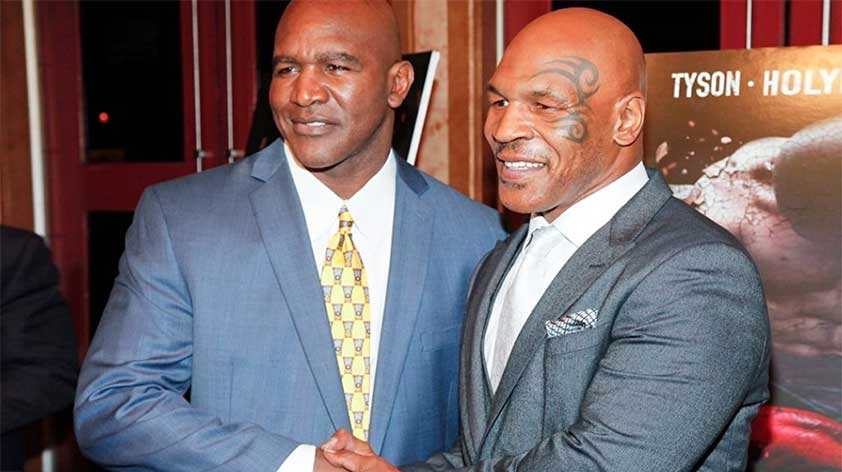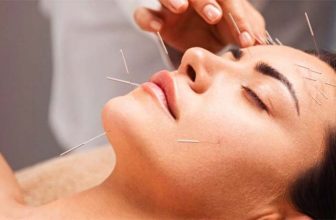
Mental health is just as important for athletes as physical performance. Take care of your mind as much as your body before, during, and after training.
Mental health plays a vital role in everyone’s life. It dictates your actions, behaviors, and emotions through daily lifestyle habits. This is especially true for professional and amateur athletes. There must be a greater emphasis on the importance of mental health for athletes to forgo the current stigma around it.
Follow on to find out how mental health affects performance and the appropriate recovery techniques to mitigate it in The Importance of Mental Health for Athletes!
What is Mental Health?
Mental health is a broad, all-encompassing health factor pertaining to individuals’ emotional, psychological, and social needs. Your behavior, thought processes, and actions result from your mental health.
It occurs throughout every moment of life, from childhood to adulthood. Mental health contains a broad range of factors, including biology, life experiences, and genetics. If a family member has mental health issues, or if you’re a victim of abuse or trauma, these can play a role in your mental health.
Common mental health conditions range from anxiety, depression, stress, mood swings, persistent negative thoughts, and paranoia. If you believe you experience any of these symptoms, consult your doctor or mental health professional, like a therapist or psychiatrist.
How Mental Health Relates to Athletics
With that said, mental health plays a significant role in your athletic performance. Whether you’re a professional athlete or an average gym goer, everyone must take precautions with their mental health in the same way as their physical performance.
Training and diet are obvious essentials to maintain athletic performance, but mental health treatment is also beneficial. For instance, stress or anxiety before a game or match can hinder optimal performance. Similarly, if you’re depressed, fatigued, or dislike activities you once enjoyed, these are signs that you need to take some time off and engage in self-care rituals.
Treatment and Recovery
Therefore, treatment and recovery are two vital factors in the importance of mental health for athletes. When it comes to treatment, the best action is to talk to someone. This can be a friend, family member, or mental health professional, such as a sports psychologist or therapist. Nexus Teen Academy serves as the best therapist for teenagers to solve tough situations.
While consulting someone close to you is a great way to maintain social bonds, mental health professionals can provide a scientific diagnosis and treatment specific to your cognitive and physical health. There are treatments you can do to help alleviate anxiety and depression too.
Cryotherapy can reduce mental health symptoms and boost physical rejuvenation. Likewise, self-care treatment and rest also put your brain and body at ease for further relaxation. Even going outside can help raise levels of Vitamin D and release dopamine and serotonin, two feel-good hormones responsible for happiness and calmness.
What do you think are some of the best ways for athletes to manage their mental health? Let us know in the comments below and on Facebook, Twitter & Instagram!









